In 2014, the Oncology Graduate School Amsterdam (OOA) launched the ‘Diamond Program’, an innovative program to support highly talented Master students in pursuing a doctorate degree. The premise of this NWO-funded program (€ 800 000) was based on the American graduate school model in which PhD candidates freely choose which group and research suits them best, rather than applying for an advertised PhD position.
From 31 applications to the program, eight qualified students in the final stages of their MSc programs were offered the opportunity to meet principal investigators (PIs) affiliated with Cancer Center Amsterdam or Netherlands Cancer Institute during a ‘speed-dating’ style event. Next, the students chose three labs to perform rotations – similar to the graduate school system in the USA but with a duration of two weeks per rotation.
In the final stage of the selection process, research proposals were drafted by the students in collaboration with their selected PIs. Dr. Esther Ruhé, project manager of the Diamond Program: “The students essentially wrote their own PhD research projects while attending the OOA grant-writing workshop. Based on evaluation of these proposals by an external committee involving highly-regarded researchers, the final four Diamond Program PhD students were chosen.”
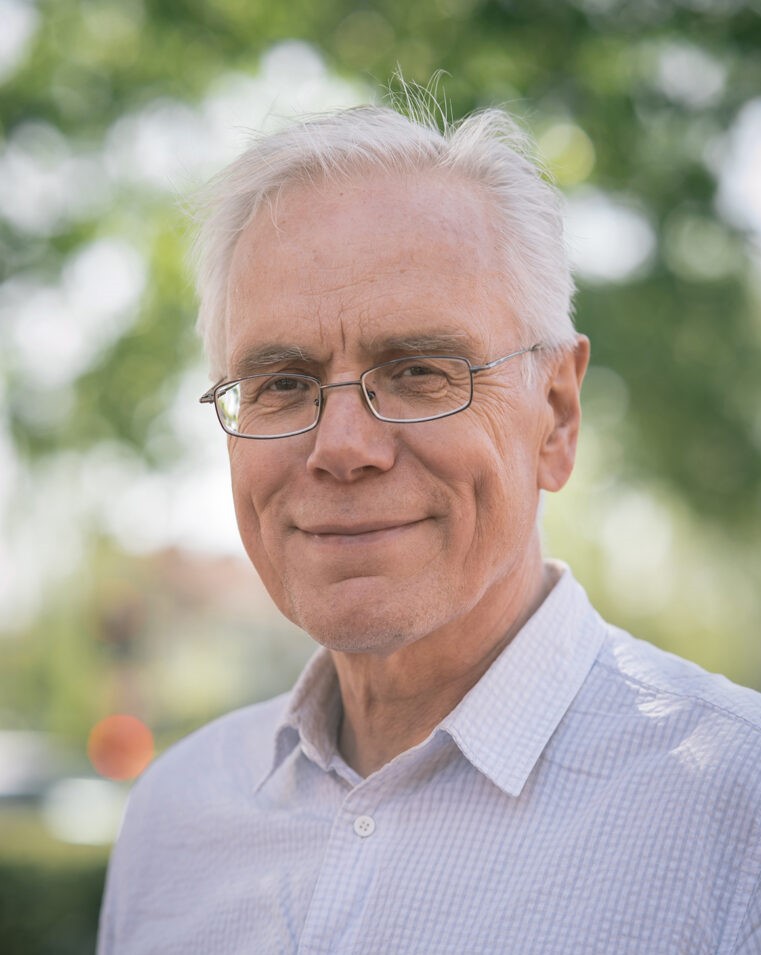
Making excellence shine
“It has been an incredible journey,” Esther says. “The four Diamond PhD candidates surpassed all expectations, by far.”
The output?
- 43 peer reviewed publications, including original scientific articles in high-profile journals such as Nature and Blood, and reviews in Nature Reviews Molecular Cell Biology and Cell Stem Cell
- Several editorial comments highlighting the importance of these cancer research findings
- Four PhD theses, of which one with the distinction cum laude
- Selected and invited to international conferences
- Prestigious international awards
- A wealth of new international collaborations to fuel even more discoveries
“All of this is evidence that the Diamond Program really proved its value and also jumpstarted the careers of the PhD candidates,” says Esther. “All our Diamond students have successfully continued their careers with positions in cancer research or medicine.”
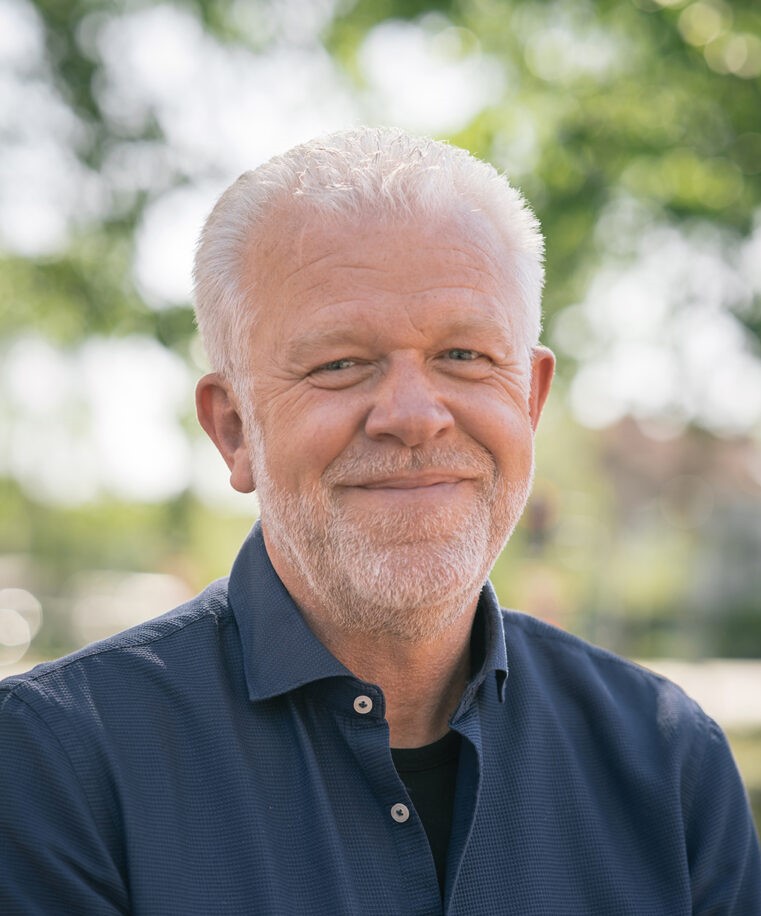
A bright future for the Diamond Program?
From the beginning, NWO made it clear that continuation of support for programs like the Diamond Program must be funded by the graduate schools or other sources.
“We have proven that the Diamond Program is absolutely valuable. Getting to choose their groups and pursue their own research interests really made a difference for both the students and research output at our institutes. Obviously, we are very keen to continue this program,” says Esther.
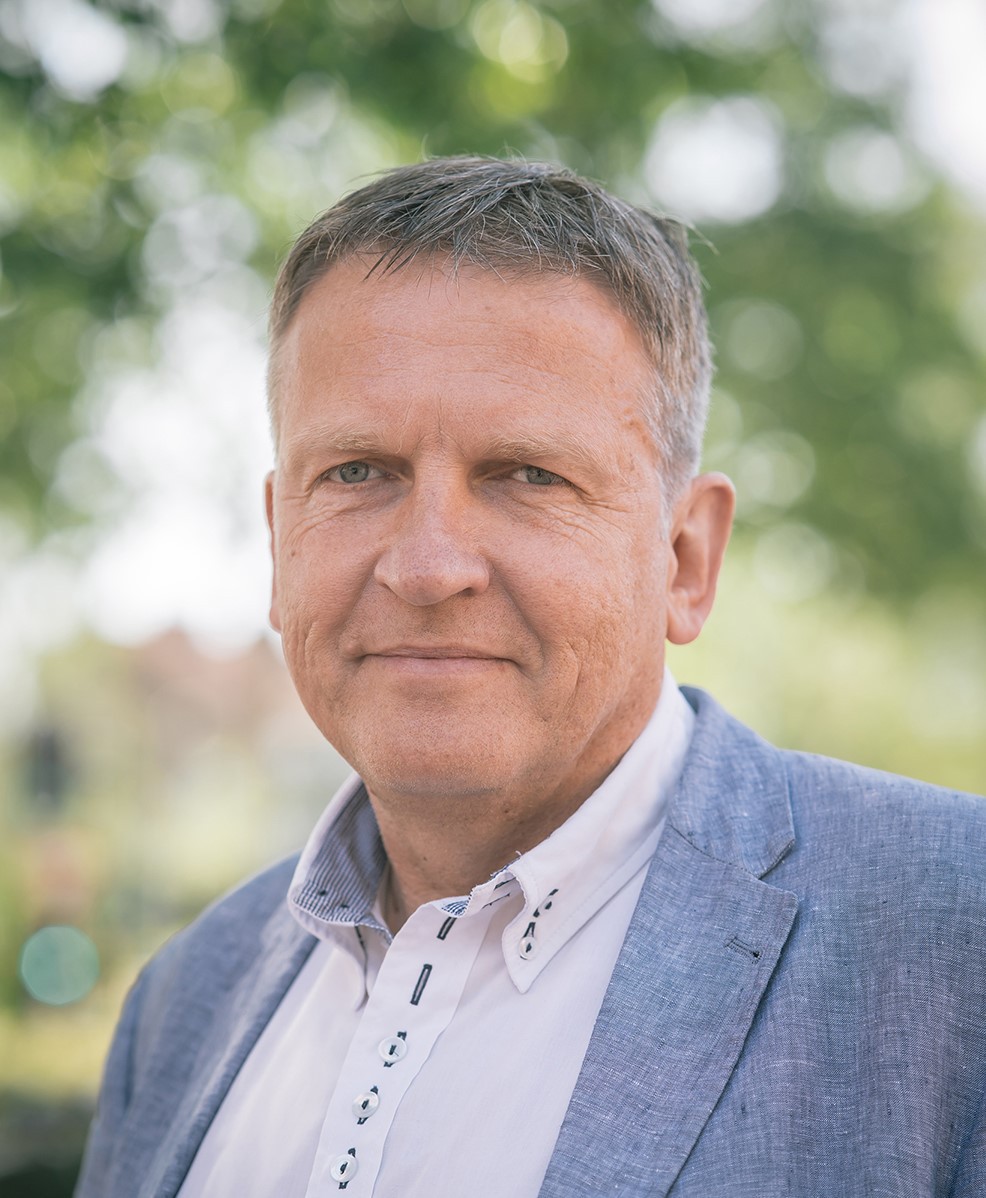
The Diamond Program will be officially completed in January 2023 with the graduation of the last Diamond student. Unfortunately, the necessary funds to continue the program have not been acquired.
Esther: “Together, we are working to secure funding in collaboration with Cancer Center Amsterdam and the Netherlands Cancer Institute. I am hopeful we can continue this education program to select top talents and have them shine in cancer research.”
For more information about Oncology Graduate School Amsterdam, the Diamond Program, or opportunities to sponsor continuance of this program, contact Dr. Esther Ruhé.
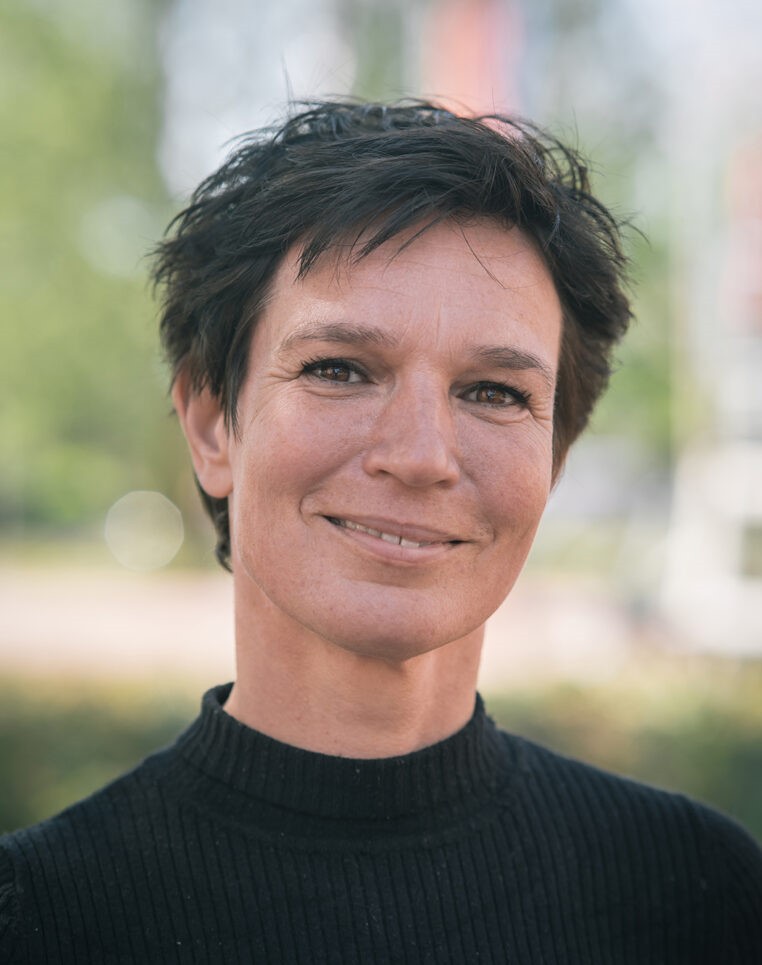
Dr. Esther Ruhé
Oncology Graduate School Amsterdam
Oncology Graduate School Amsterdam is a joint graduate school of Cancer Center Amsterdam, Netherlands Cancer Institute, Vrije Universiteit Amsterdam and theUniversity of Amsterdam. For more than 30 years, OOA has organized education programs for oncology PhD candidates at the affiliated research institutes. OOA courses are marked by a strong integration of basic, translational, and clinical cancer research. In addition, education is offered regarding ethics and integrity, scientific writing, graphic design, and the bio-medical industry, among others. Annually, OOA organizes a retreat where PhD students in oncology present their research and network. All OOA activities are accessible to affiliated PhD candidates free of charge. Oncology Graduate School Amsterdam is accredited by the Royal Netherlands Academy of Arts and Sciences (KNAW), the Dutch Research Council (NWO), and Universities of the Netherlands (UNL, previously known as VSNU).
Find out more about OOA in this video.
Meet the Diamond Program PhD students:
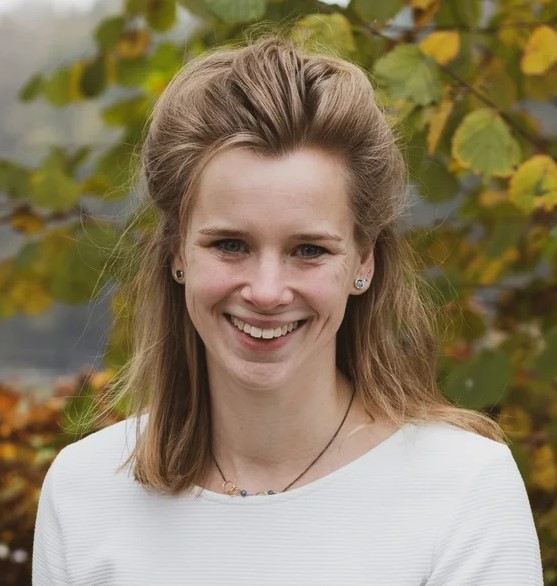
Inge’s research focused on mRNA splicing in pediatric and adult acute myeloid leukemia (AML) as a therapeutic target. In pursuit of technical know-how and answers to her research questions, she visited the labs of Prof. Catriona Jamieson at the University of California (San Diego) and Dr. Ruben van Boxtel at the Princess Máxima Center for Pediatric Oncology and Oncode Institute. Based on her work during the Diamond Program, Inge and her scientific collaborators have published 8 peer reviewed articles, including a first author publication in the prestigious journal Cell Stem Cell. She is currently a postdoc in the Van Boxtel lab.
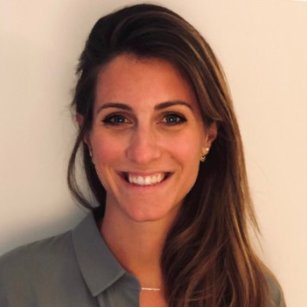
The Diamond Program enabled Josephine to pursue her interest in chemotherapy-resistant leukemia. Working in the Ebert lab (Dana Farber Cancer Institute - Boston) and the Bernards lab (NKI), she discovered that mutations in the PPM1D gene drive the growth of malignant cells in the presence of chemotherapy and that these cancer cells can be killed using a PPM1D inhibitor. Josephine’s work during the Diamond Program resulted in 4 peer reviewed publications including two in the prestigious journal Blood (one of which was selected as one of the top 10 papers of the year by the journal). She is currently a Clinical Fellow in Medicine at Harvard Medical School.
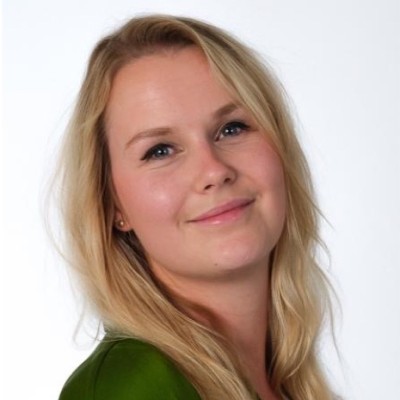
In the Vermeulen lab, Sanne studied tissue renewal and carcinogenesis in the intestine. One of her key interests was in competition between cells and the link to cancer. She established that mutations in intestinal stem cells can confer a competitive advantage through a novel mechanism called ‘super competition’ and that this provides a basis for the development of colorectal cancer. For this discovery, Sanne won the prestigious international Birnstiel Award and the UNESCO/L’Oreal women in science rising talent award. Sanne is an author on 22 scientific publications, including first author publications in the top scientific journals Nature and Nature Reviews Molecular Cell Biology. After the Diamond Program, she is continuing her career in cancer research as a postdoc at the University of Cambridge (UK).
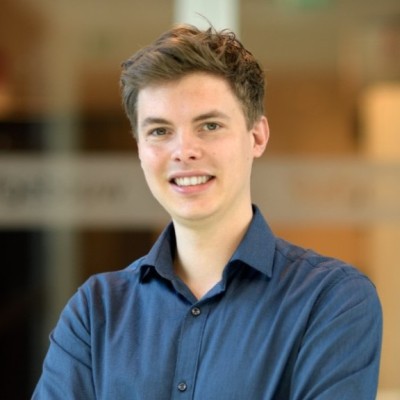
Kevin’s research focus has been on the role of immunosuppression in metastatic breast cancer. Kevin established that CD4+ regulatory T cells (Tregs) cells facilitate the metastasis of cancer cells into lymph nodes. Kevin is an author on 10 scientific articles including first author publications in the respected journals Cell Reports and Annual Reviews Cancer Biology. He will defend his PhD thesis in January 2023 and has started a position as Program Coordinator Immunotherapy at the Dutch Cancer Society (KWF).
This article was created for Cancer Center Amsterdam.
© 2022 NHBC– All rights reserved.

